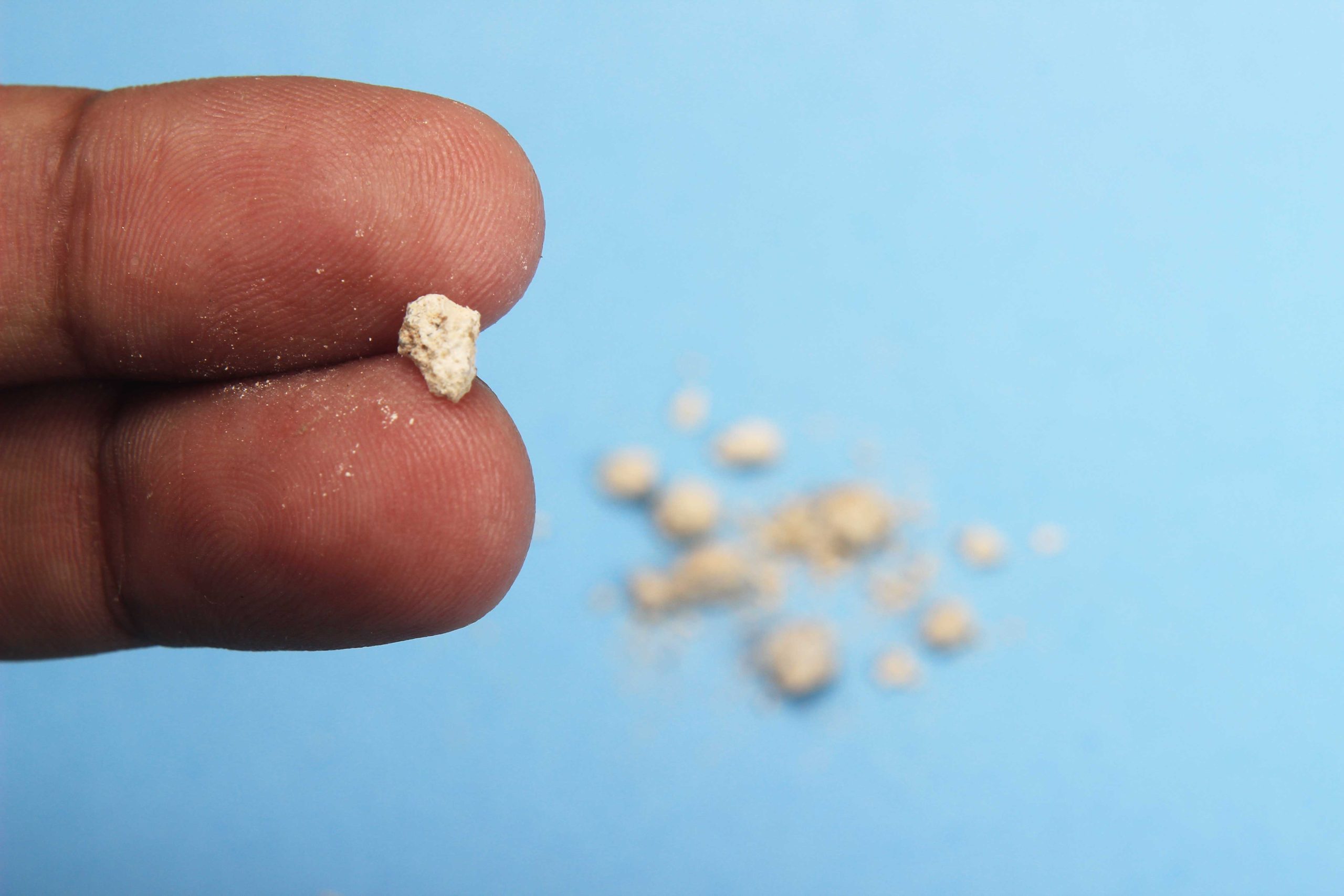You’ve probably heard of kidney stones, but unless you’ve gone through the painful experience of passing one, you may not really know what they are. Simply put, kidney stones are hard deposits of salts and minerals that form within your kidneys and then dislodge and make their way to other parts of your urinary tract. Usually this happens when an excess of certain minerals (such as phosphorus, oxalate, and calcium) concentrate in your urine, often when you’re not well hydrated.
Though kidney stones are painful, they usually don’t cause long-term damage if they’re dealt with right away. Here are a number of things to look for so you know if you may be suffering from kidney stones:
- Severe pain in your groin, back, lower abdomen, or side. This pain may come in waves or vary in its intensity.
- Blood in your urine
- Nausea and vomiting
- Producing small amounts of urine
- Pressure on the bladder or a frequent urge to urinate
- Pain while urinating
- Urine that’s cloudy or smells bad
- Fever and chills (in cases where an infection is present)
It’s a good idea to get in touch with your doctor if you’re experiencing any of these symptoms. In particular, it’s important to see a doctor if you’re experiencing blood in your urine, pain accompanied by nausea and vomiting or fever and chills, trouble passing urine, or pain that’s so strong you have trouble finding a comfortable position.
Fortunately, kidney stones can be prevented. Here are a few recommendations to keep in mind, whether or not you’ve suffered from kidney stones in the past:
Stay Hydrated
Drinking enough water is one of the best ways to prevent kidney stones. This works because it helps dilute the waste in your urine and makes it more difficult for kidney stones to form. Hydration is even more important to think about during the hotter times of year when you’re sweating and losing more water than usual.
Keep Sodium Intake to a Minimum
Consuming a high sodium diet can increase the amount of calcium in your urine, which can make you more likely to develop kidney stones. Try keeping your daily sodium intake below the recommended limit of 2,300 milligrams per day, or even lower if you’ve had trouble with kidney stones in the past.
Watch What You Eat
When consumed in high amounts, animal proteins can raise your uric acid levels and contribute to kidney stone formation. And high-oxalate foods like spinach, cashews, almonds, and beets can lead to kidney stones, too. One way to counter problems with high-oxalate foods is to consume foods rich in calcium alongside them. For example, if you’ve had issues with kidney stones in the past, try mixing nuts into yogurt rather than eating them on their own.
If you would like to meet with a knowledgeable doctor, consider contacting Women’s Health Arizona. As Arizona’s largest ObGyn group, we’re trained and solely dedicated to delivering the best ObGyn experience in convenient and comfortable settings around Phoenix.

